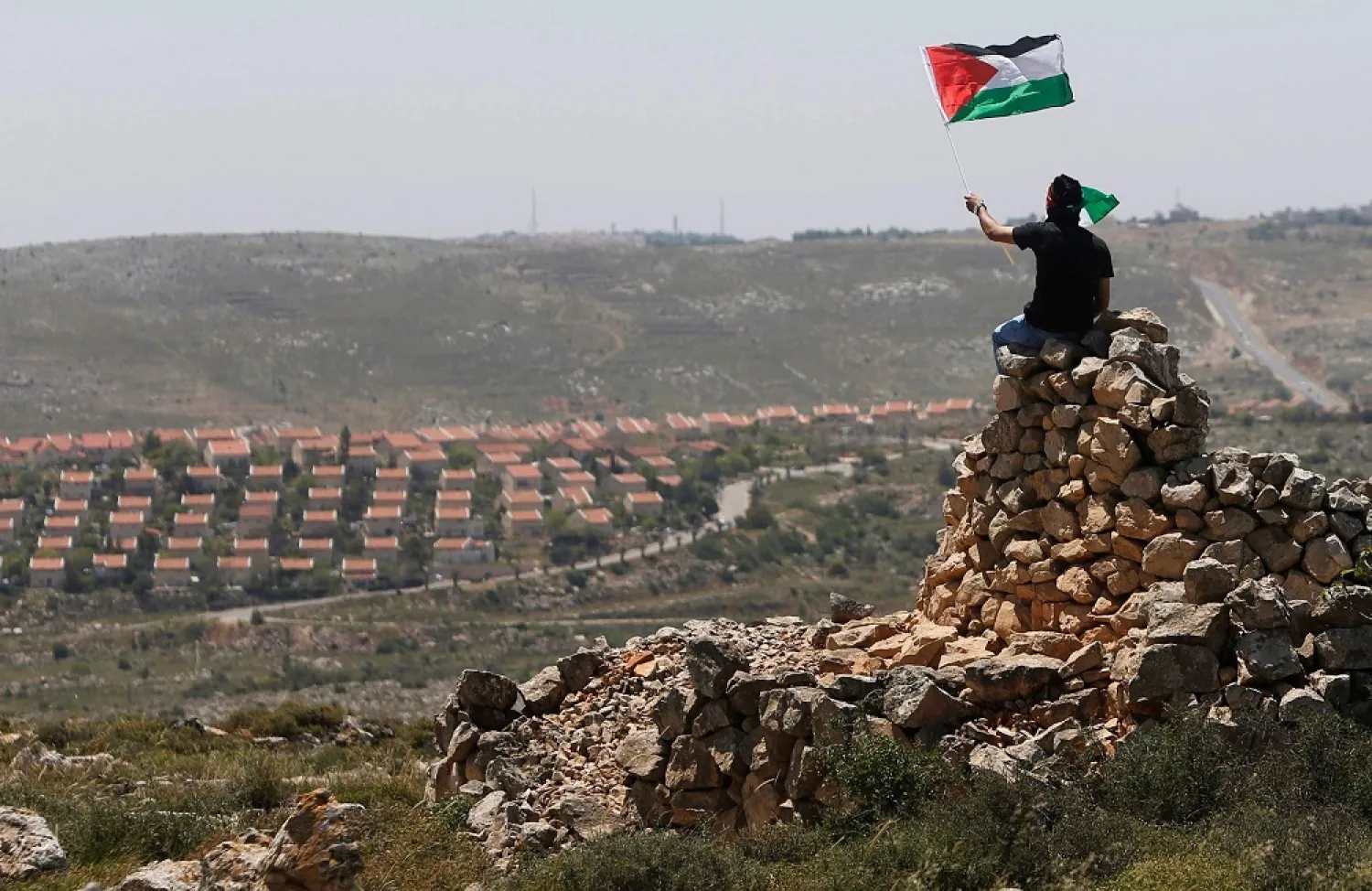Delegations from the Hamas and Fatah movements arrived in Cairo on Sunday to finalize Palestinian reconciliation discussions.
The two delegations are looking forward to reaching agreements on outstanding issues before President Mahmoud Abbas issues a decree on setting dates for holding legislative and presidential elections, informed sources told Asharq Al-Awsat.
Hamas said on Sunday its delegation, which is headed by deputy chief of its politburo Saleh al-Arouri, wants to complete discussions and talks with Fatah on national reconciliation.
It underlined its insistence on ensuring the success of efforts to establish a joint strategy for “struggle” that will include all Palestinian patriots to confront challenges facing the Palestinian cause.
The Hamas delegation also includes bureau member Khalil al-Hayya. The Fatah delegation is headed by Secretary-General of its Central Committee Jibril Rajoub and committee members Rawhi Fattouh and Ahmed Halas.
The meetings put an end to speculation that Fatah was withdrawing from the reconciliation efforts in wake of Joe Biden’s victory in the US election.
Some reports had accused Abbas of pulling out from the talks because he wanted to use the reconciliation to pressure the US and Israel by forging an alliance with Hamas, which is designated as terrorist by Washington and Tel Aviv, against the US peace proposal and Israeli annexation plan.
Fatah and Hamas had agreed in Istanbul in September to first hold the general elections, then presidential polls, followed by the election of the Palestinian Liberation Organization (PLO) national council, within six months.









